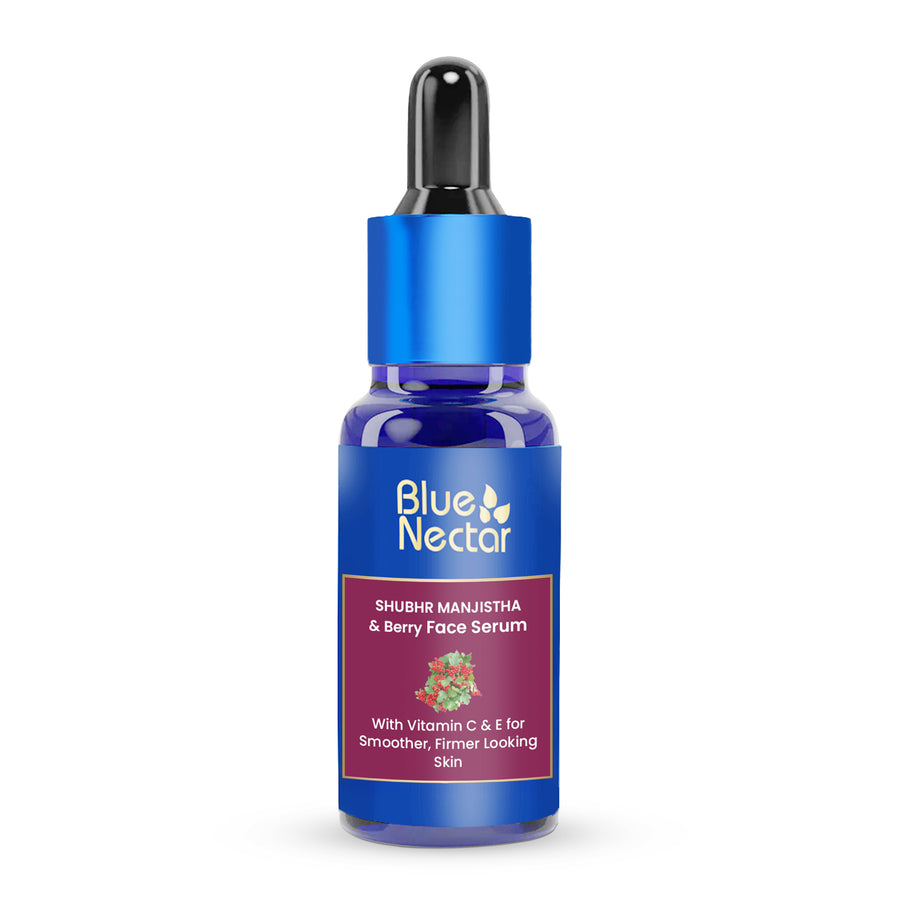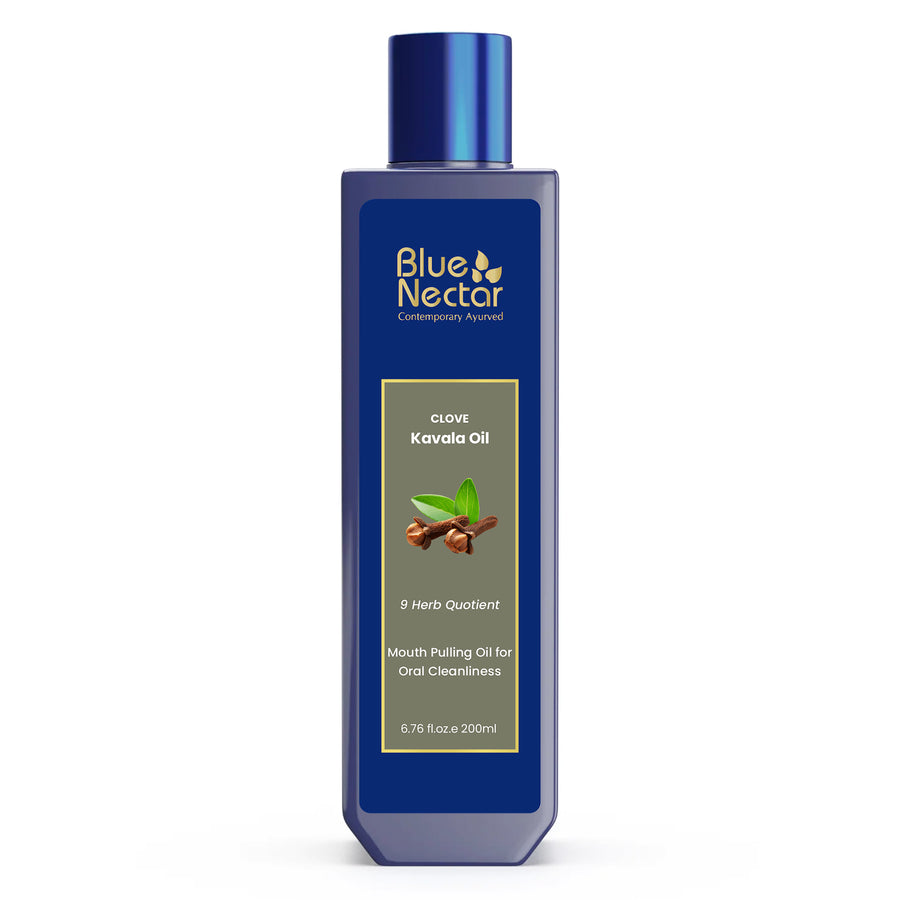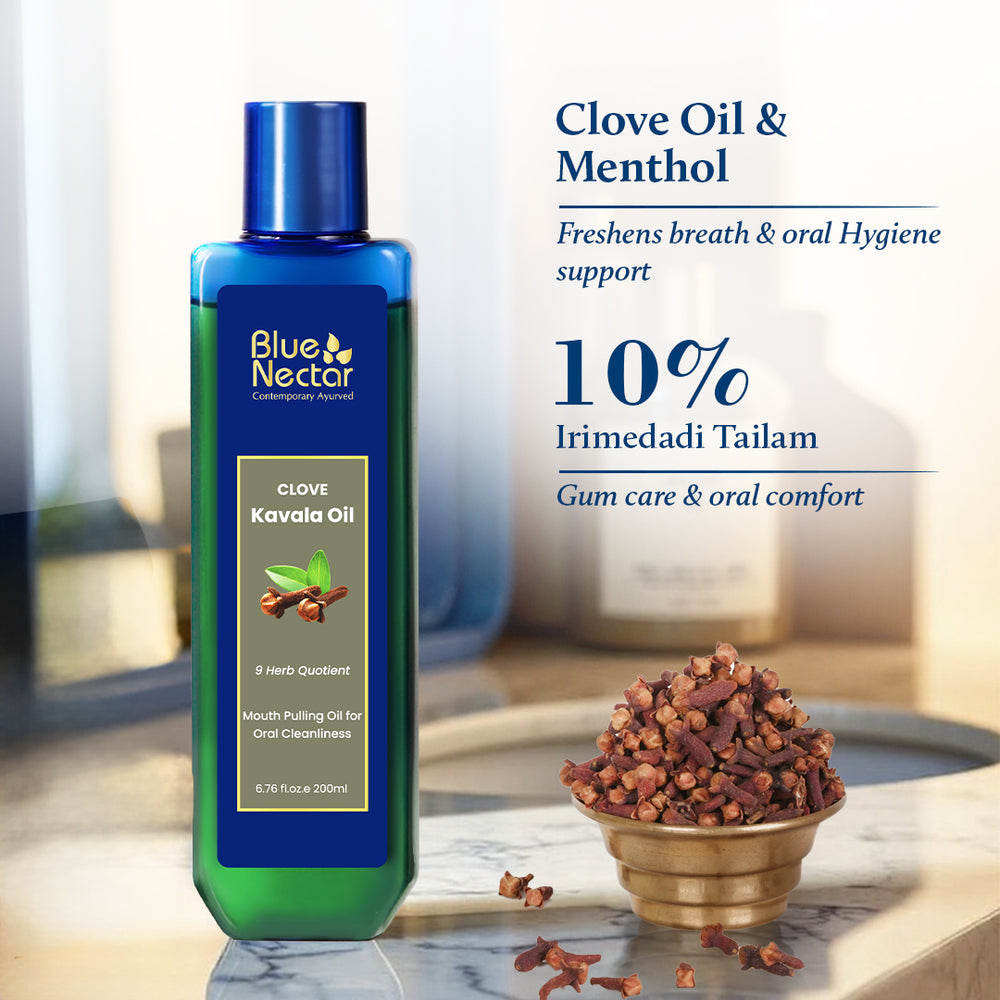The Science of Face Scrubs, Masks & Ubtans
Face masks soothe. Scrubs polish. Ubtans revive. But have you ever wondered whether they are just traditions or yet another trend? And whatever they may be, are they effective? If yes, what is it exactly that makes them effective? From granule size to oil content and from Ayurvedic insights to lab-backed truths, we aim to make this blog the ultimate science-meets-skincare guide to choosing the right product, not just for your shelf, but also for your skin and your goals.
Table of Contents:
|
Granule Size & Texture
The primary goal of scrubs is to exfoliate. Hence, factors like the granule size and texture matter and define the facial mask benefits. Fine granules, like those in herbal or enzyme-based scrubs, help to gently remove dead cells and are better suited for sensitive skin. Whereas larger or rougher granules, like sugar crystals, tend to be comparatively harsher, increasing the risks of microtears or irritation, especially on delicate facial skin. Hence, the size of granules should be chosen in a way that best matches your skin’s needs: gentler for daily use (even finer for sensitive skin) and slightly coarser for weekly deep-cleansing on tougher areas like elbows or knees.
Oil & Water Content
The power of a scrub is a fine balance between water and clean. Conventional herbal pastes such as ubtan contain oil-rich bases in the form of milk, yoghurt or rosewater. These are not just binding agents; they moisturize and calm the skin, counterbalancing possible dryness of the exfoliation. Conversely, watery masks or gels suit oily skin by delivering moisture without the oiliness. Oil-infused masks and creams are best suited for dry or ageing skin, as they replenish moisture and support elasticity.

Ingredient Chemistry: What Does What in Your Scrub or Mask?
Just like an orchestra band is made up of various promising artists specialising in different instruments, your scrub also contains such diverse ingredients:
-
Turmeric: Having anti-inflammatory and antibacterial powers, it helps to calm redness and supports even skin tone.
-
Sandalwood: It reduces irritation, cools sensitive skin, and acts as a mild astringent.
-
Gram Flour (Besan): It is a natural exfoliator that helps to absorb excess oil.
-
Rosewater: It gently hydrates and tones and makes the skin refreshed and balanced.
-
Sugar: You might have seen sugar being a staple in all sorts of DIY exfoliant recipes, and rightly so. It’s a great exfoliant but at times can lead to micro-injuries; hence, it should be avoided on the face.
-
Clays (Kaolin, Bentonite): Helps to draw out impurities and excess oil.
-
Botanical Extracts (Neem, Aloe, Saffron): These help to offer antioxidant, brightening, and soothing effects.
These ingredients, while sometimes used alone but proven to be the most potent in combination for facial mask benefits, are time-tested and now research-backed for their collective impact on skin health.

Which Type to Use (And When)?
-
Face Scrubs: Use 1-2 times per week if you have normal or oily skin to remove dead cells and unclog pores. Sensitive skin types should opt for superfine granules and infrequent use.
-
Facial Masks: Clay or gel masks suit oily/acne-prone skin for deep cleansing; hydrating cream or sheet masks benefit dry/mature skin. Masks can deliver quick, visible results.
-
Ubtans: Suitable for all types, especially those seeking holistic, herbal-rich care. They are best for a gentle and nourishing weekly treatment that provides exfoliation, glowing skin, and mild tightening.
Most Common Ingredients & Their Verified Benefits
|
Ingredient |
Common Use |
Research-Backed Benefit |
|
Turmeric |
Ubtan, masks |
|
|
Sandalwood |
Ubtan, masks |
Cooling, calming, pore tightening |
|
Sugar |
Scrubs (body) |
Exfoliates, but is too harsh for the face |
|
Clays |
Masks |
Oil control, detoxification |
|
Gram Flour |
Ubtan |
Natural exfoliation, oil absorption |
|
Rosewater |
Ubtan, masks |
What Research Says About Homemade vs Store-Bought Products
Homemade masks and scrubs, like classic ubtan or sugar scrubs, offer natural, customisable benefits and are often free from preservatives. Research supports their safety and efficacy when ingredients are carefully chosen and formulas are gentle. However, some homemade scrubs (especially those with large particles like sugar) can harm delicate facial skin, causing micro-tears or irritation.
On the other hand, store-bought products, especially from reputable brands, are often dermatologically tested and optimised for stability, safety, and efficacy. These harness both natural and advanced ingredients (e.g., encapsulated vitamins, specialised enzymes), with precise pH and preservative control for longer shelf life and reduced risk of contamination or irritation.
For sensitive or reaction-prone individuals, science-backed commercial formulas are usually safer, but gentle, well-made homemade masks can be effective when used wisely.

How to Choose the Right Product (as per Ayurveda and Science)
Ayurveda advises aligning skincare with your dosha: look for moisturizing, oil-packed masks for vata (dry); choose cooling, anti-inflammatory treatments for pitta (sensitive); and exfoliating and detoxing therapies for kapha (oily).
-
For oily skin: clay, turmeric, and light scrubs are best.
-
For dehydrated or mature skin: the most effective are oil and antioxidant-rich hydrating masks.
-
For sensitive skin, ultra-gentle, fragrance-free masks infused with soothing botanicals are the way forward.
Whichever regime you use, always patch test new products and vary frequency and type according to your skin's feedback.
Conclusion
Whatever you adopt, whether the age-old ritual of ubtan, the specific punch of a ready-to-use store-purchased mask, or the do-it-yourself spirit of homemade scrubs, good skincare marries wellness wisdom with scientific acumen. Prioritize ingredient synergy, honor your skin's sensitivity, and balance ritual with research for the healthiest, most radiant skin.
Recommended Products by Blue Nectar
Turmeric Ubtan Powder Face Pack for Glowing Skin
Almond Flax Seed Anti Aging Face Ubtan Powder
Coffee Powder Ubtan Face Pack for Tan Removal & Natural Exfoliaiton
AHA Exfoliating Plant Based Glycolic Acid Face Serum
Related Articles
Why Plant Actives are Taking Over in the Skincare Product?
How to choose the Best Face Serum for Acne Prone Skin?
Battle of the Beauty World: Face Scrubs Vs Face Masks
9 Best Face Pack For Glowing Skin (Backed by Ayurveda!)
The Ultimate Pre-Wedding Glow-Up Guide for Brides & Grooms
Physical Exfoliation vs. Chemical Peels: Which Brightens Skin Without Side Effects?






















Leave a comment